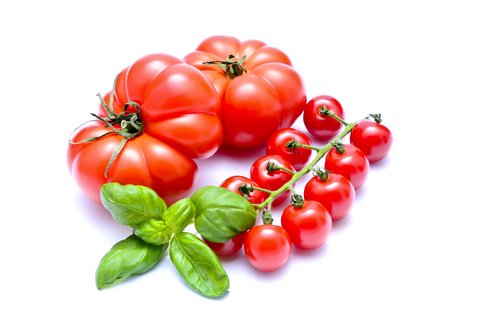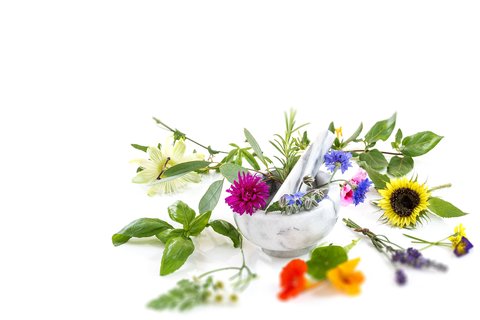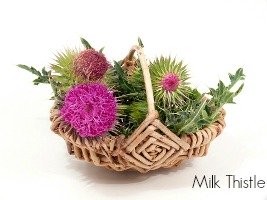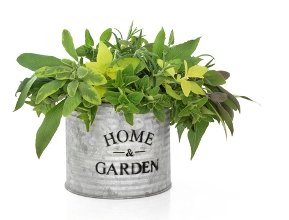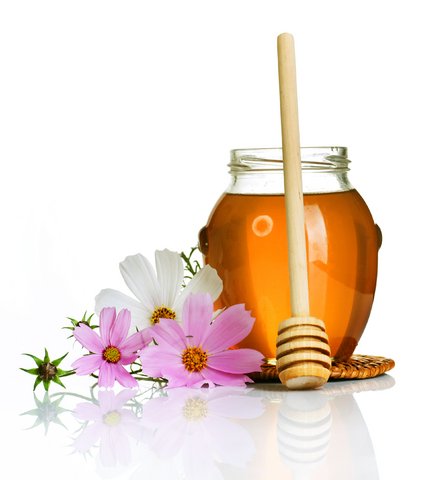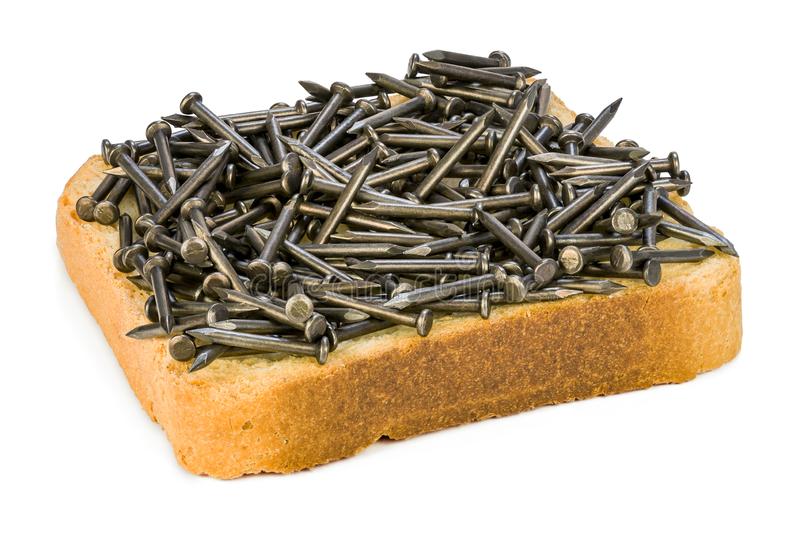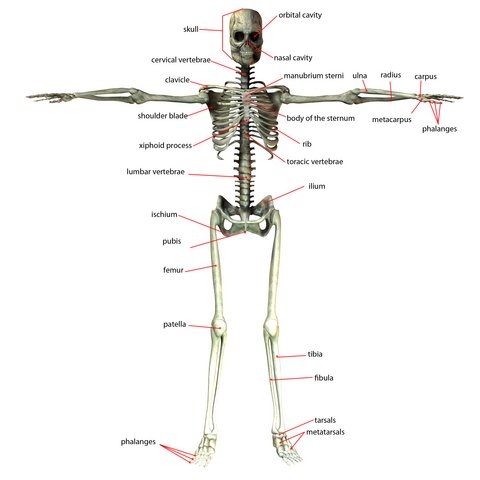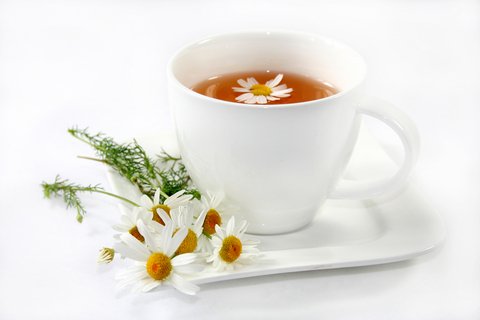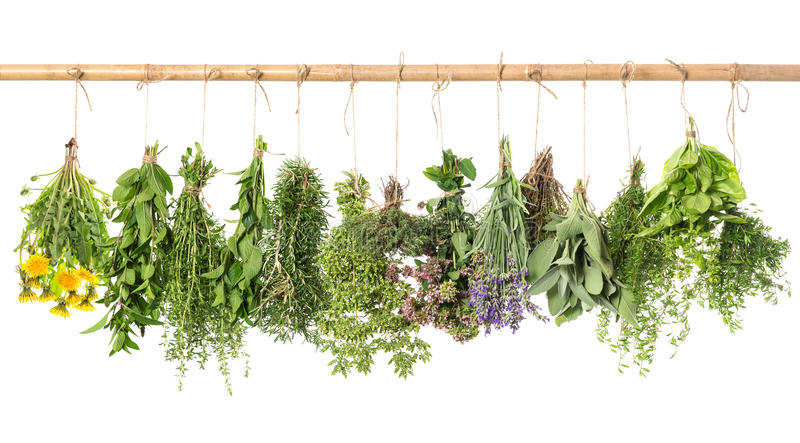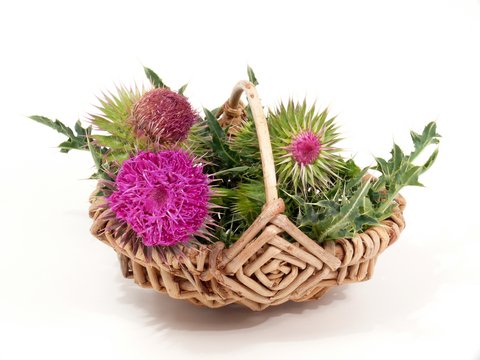Growing Basil
"Let food be your medicine and your medicine be your food. Each one of the substances in a person's diet, acts upon the body and changes it in some unique way, and upon these changes the whole life depends, whether in health, in sickness or convalescent."
Hippocrates 2 000 years ago.
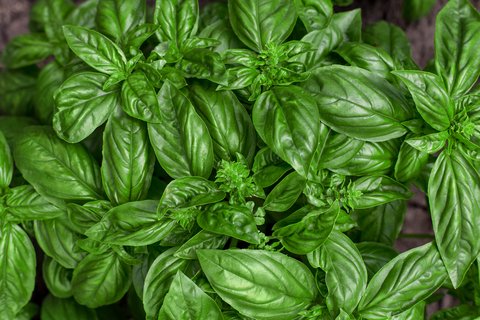
Growing Basil is an absolute must for anyone embarking on a journey of growing their very own herb garden.
Scientific studies have shown that the compounds found in this herb have, amongst other qualities, potent analgesic features.
We are breaking this very interesting information up as follows:
- What you need to know when growing Basil.
- Growing Basil for Home Remedies.
- Basil in your cooking.
- Basil and companion planting.
How do you Maintain a Basil Plant?
|
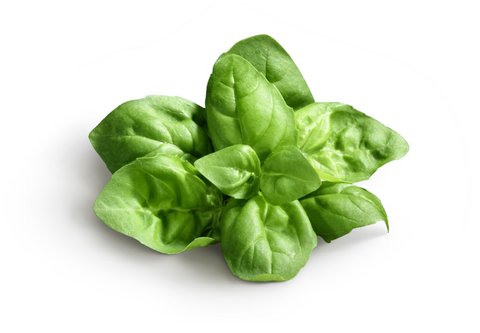
|
Growing Basil for Home Remedies
Basil is an aromatic soothing herb, which is a good source of beta-carotene. It can be used for deficiencies in magnesium, potassium and calcium and makes an excellent herb for use in herbal remedies.
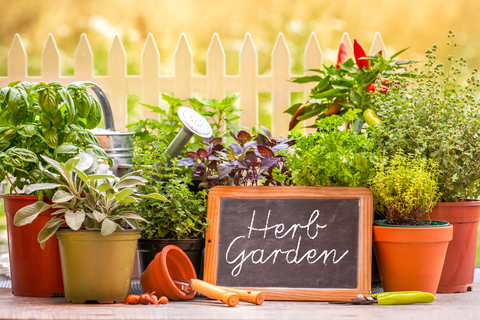 |
|
- Preparing Herbs will clearly show how a poultice can be made from crushed basil leaves.
- Been irritated by flies? Then hang bunches of fresh basil in your cooking area - the flies will leave.
- Bruise the leaves regularly to emit the smell that the flies cannot stand.
- Dried basil stalks can be burnt on a fire to deter mosquitoes.
- Leaves massaged into the scalp are said to be one of the best remedies for hair loss.
- Try rubbing some fresh basil leaves into your temples to ease headaches.
Basil in your Cooking
|
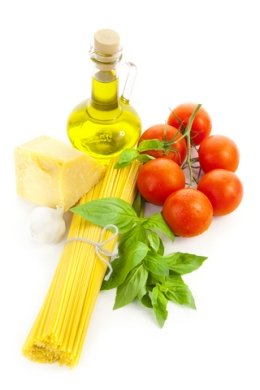
|
- Basil has a pungent spicy scent and brings out the flavors in many savory dishes, not just Italian.
- Add Basil to your salad dressings.
- Basil is an essential requirement for pesto sauce used on all types of pasta.
- Try a pesto sauce flavored with basil on top of baked potatoes - very very nice!
- It can be added to soups and stews and gives tomato bredie (a well known South African dish) a really special taste.
- Add finely chopped basil to your veggies like zucchini, brinjals and marrows.
Basil and Companion Planting
|
IMPORTANT NOTICE
Home Remedies Haven would like to reassure all the visitors to our site, that we respect your privacy and do not in any way sell personal information.
